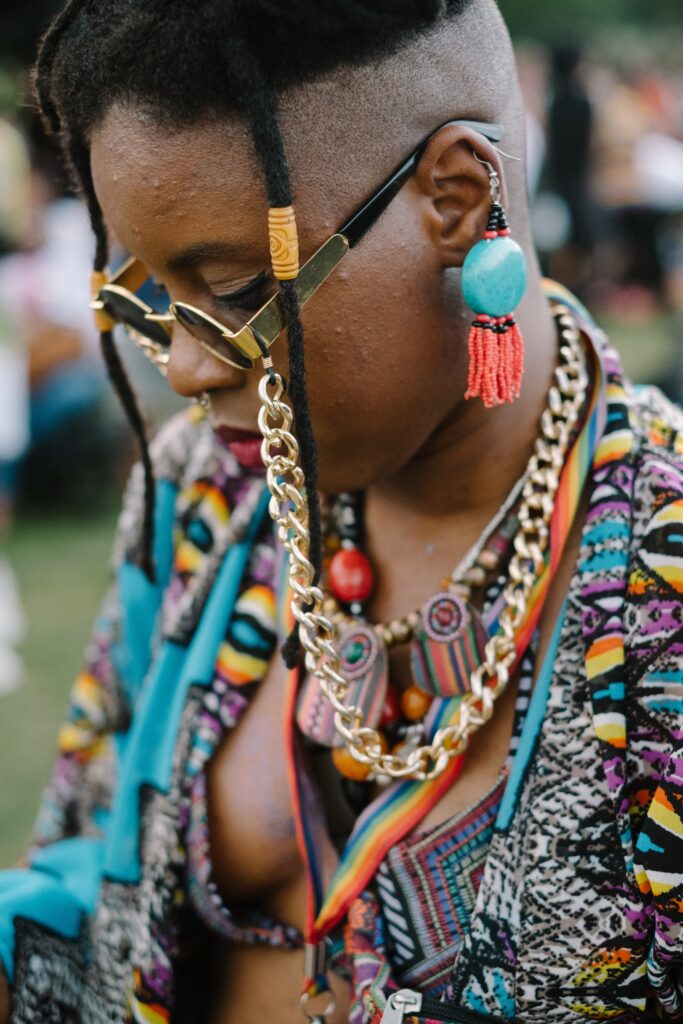Nigeria: Being LGBTQ+
More visibility, more life
The visibility of queer people has gradually grown and flourished all over Nigeria. Despite the rules and laws put in place to curb the ‘sin’ referred to as homosexuality, Nigerians are making their identities known. In recent years, more people have decided to leave the closet, making the choice to come out. This was propagated by the ENDSARS protest when members of the community came out to state their will in existing fully and within their rights as humans in this nation. Queer Nigerians started to attend the demonstrations in greater numbers, speaking out louder than before. They held placards with messages directed at both the SARS unit and homophobic protestors. Many bore the rainbow flag and, even though they were aware that their efforts would come at a higher cost, they refused to remain silent.

Queer Nigerians were calling for the end of SARS and spreading the message that Queer Lives Matter and that the movement should be open to all by taking to the streets and social media. The Same-Sex Marriage Prohibition Act was enacted in 2014 by Goodluck Jonathan, who was the president at the time. Nigerians of both religious backgrounds—Muslim and Christian—supported the law because it promised prison sentences of up to 14 years. This led to more violence and discrimination against the people of the queer community. However, this is gradually changing as the queer community is taking up more visibility everywhere. Social media is the easiest route through which members of this community express their sexuality, as this allows them to be anonymous to some extent, and free from physical harm. This doesn’t dampen trolls or online bullies though.
Asking Jola her thoughts on the visibility, she said, “I’m happy for us. I still think we are grossly underrepresented, especially in this part of the world.” She continued, “There’s joy and confidence that comes with being true to yourself. There’s the gift of genuine friends and family members that make you feel normal and loved. If you’re lucky to have a great partner, the love you share makes it all worth it.” Nevertheless, LGBTQ+ people in Nigeria want and deserve Pride events just as much as those in other parts of the world. For individuals who live in more intolerant countries like Nigeria, pride offers a chance to be one’s true self. Although there have been other LGBTQ+ meetings in Nigeria in the past, they have been less public. Gatherings like Bodies Around Olumo in 2019 led to raids and searches for the organizers. However, these encounters have given organizers crucial data that they have used to great effect for this year’s larger and more purposefully prominent Pride activities. It was planned for the event to take place in Lagos.
Timileyin, a Pride in Lagos organizer and the host of the podcast Bodies Around Olumo, claims that people in the big city are more accepting than those in places like Abeokuta, where Bodies Around Olumo was staged. Despite all the struggles and obstacles made to force the LGBTQI+ community to dim their light and visibility, they ignore all these and choose to shine regardless.
Nigeria had its first-ever pride celebration in July and it was groundbreaking. There aren’t many spaces in Nigeria created for queerness, watching drag shows, and generally enjoying each other’s company without the fear of harassment. This was one of its kind, defying the norms. Pride In Lagos held a number of events from June 20–26th with the goal of establishing a secure environment for the queer population in the area. These activities included a panel discussion with the Goethe-Institut Lagos that included Wolfgang Tilman’s work. Queer Nigerians who couldn’t attend in person could still participate in virtual panel discussions and the closing ball’s drag show and voguing performances.

Being a Nigerian, you often hear people telling you to relocate if you want to express your sexuality. It was abhorrent to think of because not everyone wants to leave Nigeria, and even if they want to leave, not everyone has the means to. Should this be enough reason why grown adults should be told to stunt their own sexual growth? Definitely not. Hopefully, we will see more of this kind of event next year, made available in states all over the country. Despite all of the difficulties, Pride In Lagos was a smashing success, with attendees refusing to leave the dance floor until 6 am on the Monday after the event and still smiling and covered in glitter and make-up.
Speaking of the Pride event, Amanda, a polyamorous pansexual from Zimbabwe said, “I wrote an article about the fact that the celebration is a privilege because, in some countries like here, we can’t. But we need to be as visible as possible because as long as we aren’t visible, people get to say things like no Africans are gay, which is honestly not true.”
The LGBTQI+ community showing off their sexuality is more than pride. It is validating the experiences, existence, and lifestyle. Queer people coming out gives closeted people the courage to come out, to live, and to explore. These events are a form of protest clad in beauty and glitter because that is essentially what this correspondence is all about. Not unlike every other fight that has taken place throughout history for freedom and equality, this is no exception. And with perseverance and relentlessness, queerness will come to be accepted as normal.
Comments are closed.



